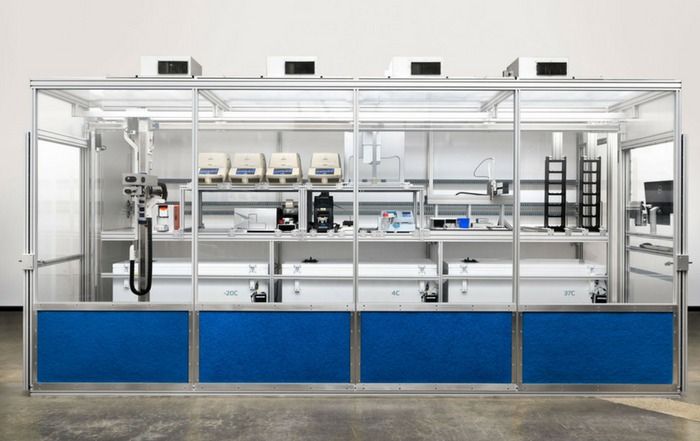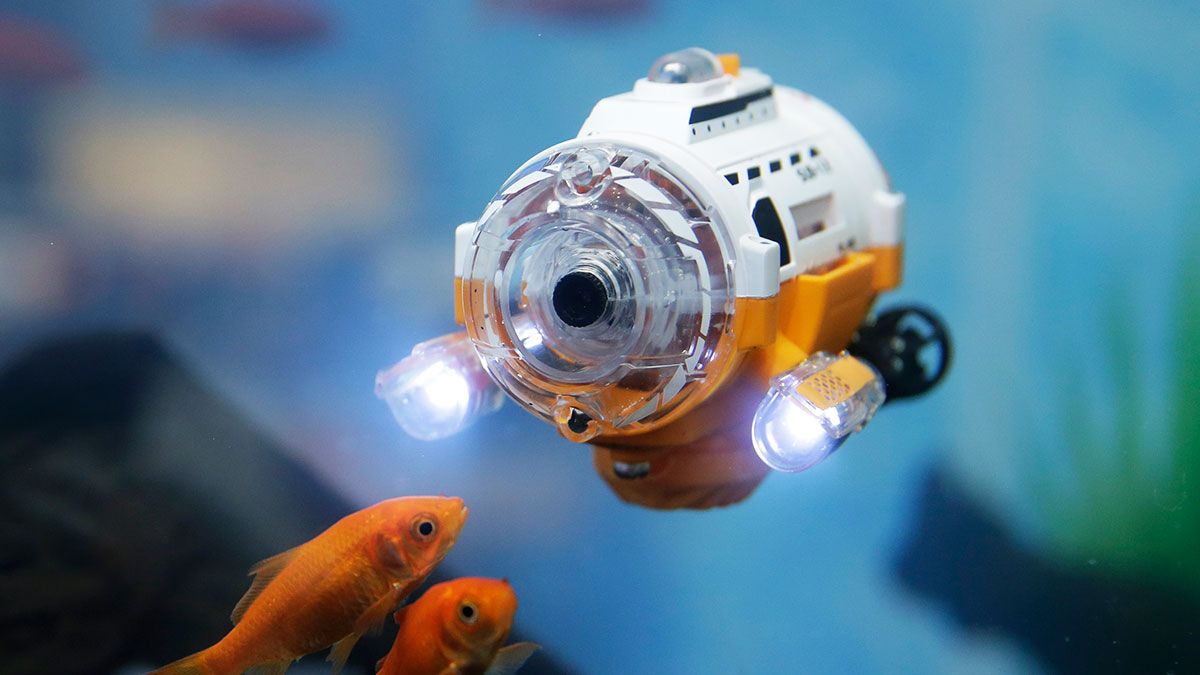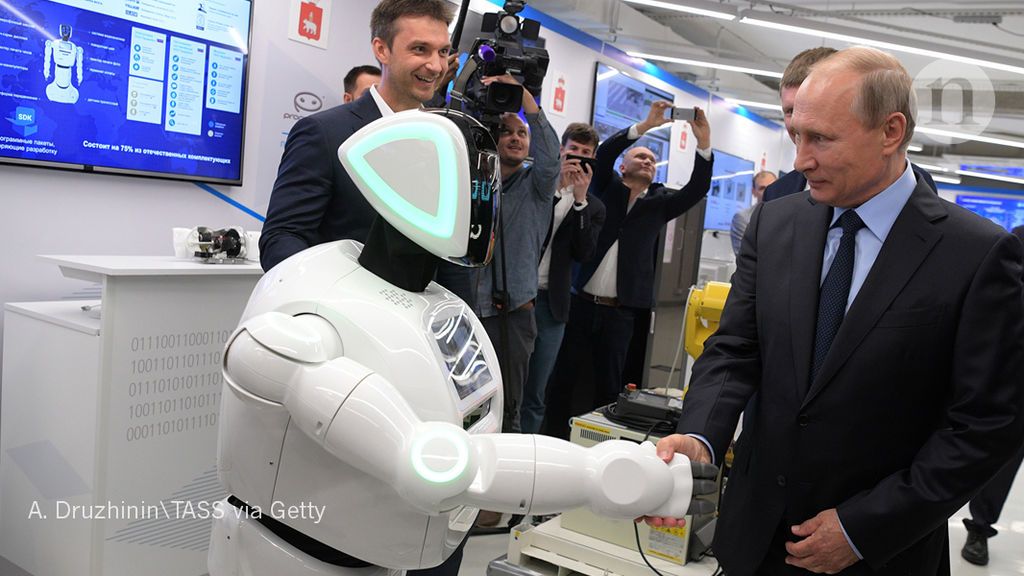“If you went to bed last night as an industrial company, you’re going to wake up this morning as a software and analytics company.” Jeff Immelt, former CEO of General Electric
The second wave of digitization is set to disrupt all spheres of economic life. As venture capital investor Marc Andreesen pointed out, “software is eating the world.” Yet, despite the unprecedented scope and momentum of digitization, many decision makers remain unsure how to cope, and turn to scholars for guidance on how to approach disruption.
The first thing they should know is that not all technological change is “disruptive.” It’s important to distinguish between different types of innovation, and the responses they require by firms. In a recent publication in the Journal of Product Innovation, we undertook a systematic review of 40 years (1975 to 2016) of innovation research. Using a natural language processing approach, we analyzed and organized 1,078 articles published on the topics of disruptive, architectural, breakthrough, competence-destroying, discontinuous, and radical innovation. We used a topic-modeling algorithm that attempts to determine the topics in a set of text documents. We quantitatively compared different models, which led us to select the model that best described the underlying text data. This model clustered text into 84 distinct topics. It performs best at explaining the variability of the data in assigning words to topics and topics to documents, minimizing noise in the data.









